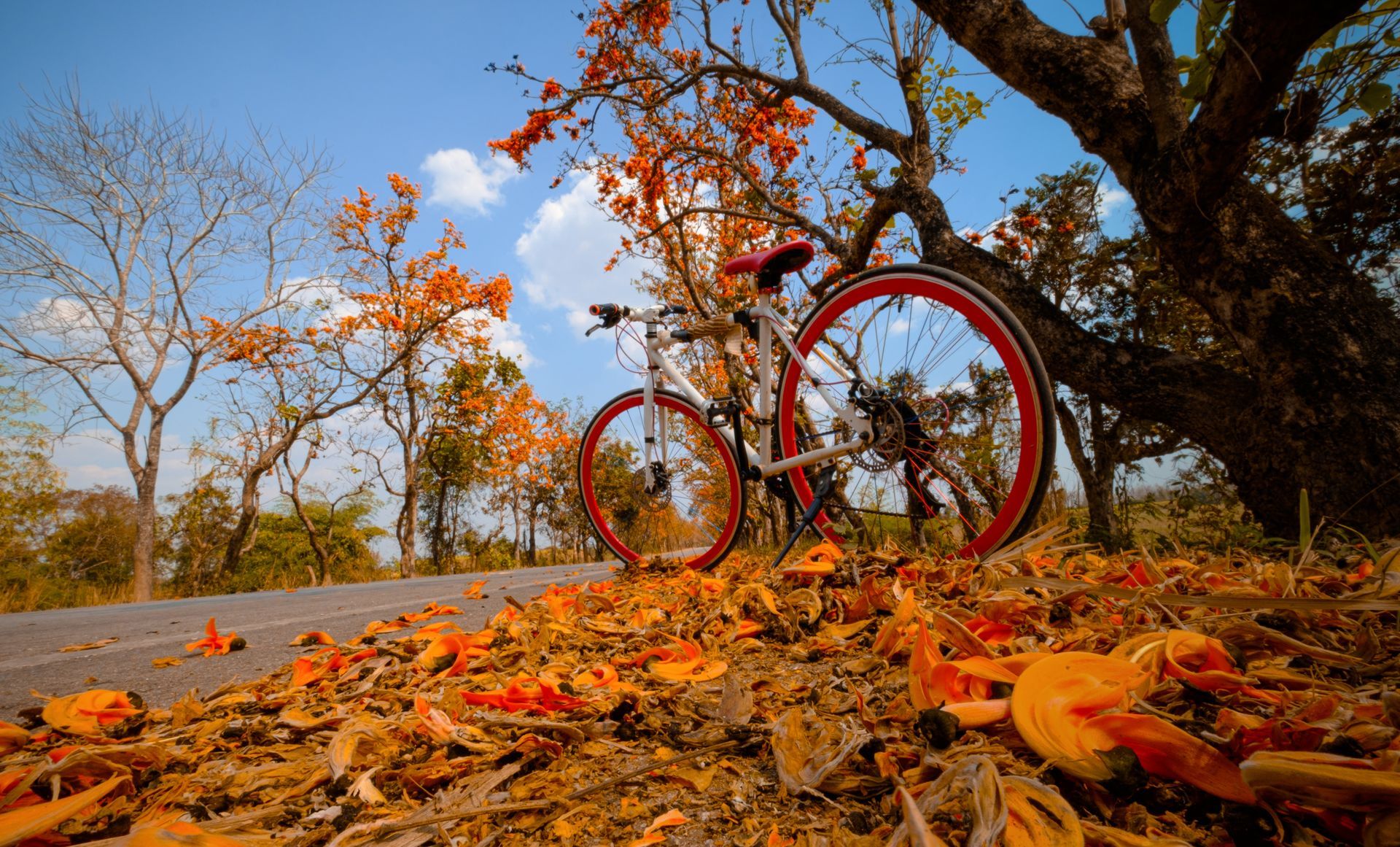Protecting Your Veins from the Summer Sun
As summer unfolds with its clear skies and bright days, protecting your skin from the sun becomes a priority. However, it’s just as important to consider how sun exposure affects your veins. Extended exposure to sunlight can exacerbate vein issues such as spider veins and can also weaken vein walls. This blog provides essential tips on how to safeguard your skin and veins from sun damage during the warmer months.
The Impact of Sun on Veins
The sun's ultraviolet (UV) rays can weaken the walls of your veins, leading to reduced elasticity. This can exacerbate conditions like spider veins, making them more visible. Heat also causes veins to dilate, which can increase discomfort and swelling in people with vein-related issues.
Use Broad-Spectrum Sunscreen
A key step in protecting your veins is using broad-spectrum sunscreen that blocks both UVA and UVB rays. Apply a sunscreen with at least SPF 30 to all exposed skin, especially on your legs if you have visible veins. Reapply every two hours, or more often if you are swimming or sweating.
Wear Protective Clothing
Covering up is one of the most effective ways to protect your veins and skin from the sun. Opt for loose, lightweight long-sleeved shirts and long pants when out in the sun. Special sun-protective clothing with a high Ultraviolet Protection Factor (UPF) is also available and is particularly useful for those with sensitive skin or severe vein conditions.
Seek Shade
Limit your direct exposure to the sun, especially during peak hours between 10 AM and 4 PM, when UV radiation is strongest. Make use of shaded areas or create your own shade with umbrellas or canopies, particularly when you’re at the beach or involved in outdoor activities.
Stay Hydrated
Hydration is crucial for maintaining healthy vein function. Drinking plenty of water helps keep your blood thinner and easier for your veins to manage. This is particularly important in the summer when you are more prone to dehydration.
Use Antioxidant-Rich Skincare Products
Products that contain antioxidants can help protect the skin and underlying veins from oxidative damage caused by the sun. Ingredients like Vitamin C, Vitamin E, and green tea are known for their protective properties and can help strengthen skin and vein health.
Regular Vein Check-Ups
Regular check-ups with a vein specialist can help manage any vein health issues, particularly if you spend a lot of time in the sun. These professionals can provide personalized advice and treatment options to ensure your veins remain healthy despite sun exposure.
The summer sun is inviting, but it’s essential to take steps to protect your veins and skin from its harmful effects. By following these tips, you can enjoy the warm weather without compromising your vein health.
Don’t let vein issues keep you from enjoying summer. Schedule a free vein screening at The Vein Specialists today and take the first step towards healthier, more beautiful legs. Let this summer be the one where you embrace vein confidence and fully enjoy every sunny day ahead!











